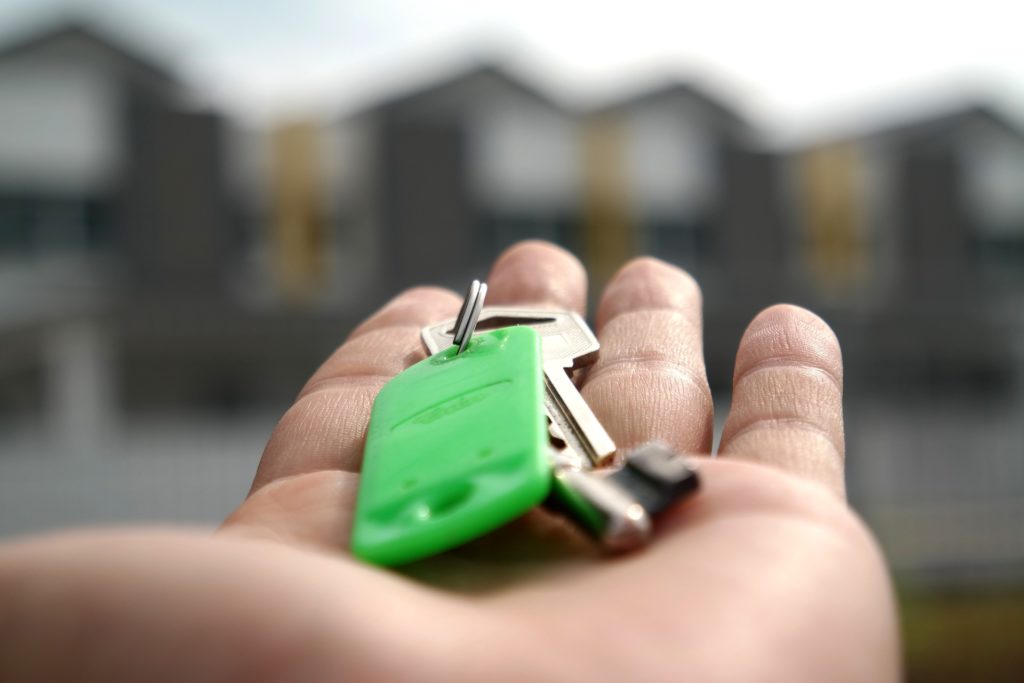So, you’ve been in Turkey for a while and decided that it might make sense to buy a home or maybe you have your eye on some vacation property. This guide is for anyone wondering if buying is the right choice for them and all the things that you need to think about before you do. It assumes that you are planning to stay in Turkey for the long-term and not buying property as an investment, but rather for your own use.

Mortgages in Turkey
Mortgages are a relatively new option in Turkey, having been introduced only in the last decade or so. Before that, banks would only offer a credit line, generally with much higher rates and much lower terms (usually a maximum of 10 years). Interest rates would also generally be fixed for the length of the loan, so timing was much more important.
Now that mortgages have arrived, banks have been promoting them widely, and with good reason. Mortgages offer lower monthly payments to the public, which is what makes them so popular, but are much more lucrative over the long term for banks. It’s not uncommon for banks to double their investment over the length of the loan, as the borrower slowly pays down the original amount along with the interest calculated on top.
All that being said, since mortgages are often the only realistic option for many people, let’s look at how they work in Turkey, and how that differs from elsewhere.
The Basics
The first thing to think about is your down-payment. This is the amount you need to invest in the property initially, in order to secure a loan with the bank. At the time this article was written, the standard down-payment in Turkey was 20% of the total purchase price. For our model 500,000 lira home, for example, the down-payment would be 100,000 lira in cold, hard cash. The bank would then lend you the remaining amount. See the “Tips for Yabangees” section below for possible differences here.
With the down-payment in mind, you can start to think about what you can afford. Consider how much you have saved or how much you plan to have saved by the time you want to buy, and then just divide that amount by 0.20 to get the likely maximum price you can afford with a mortgage. With 50,000 lira saved, for example, you could afford a home worth 250,000 lira (tip: think outside Istanbul!).

The monthly payments on mortgages are calculated to pay off the entire amount you borrowed, plus interest to the bank so they can profit from your loan, over the period that you agree with them. This period can be anywhere up to 30 years. That might seem like a long time to pay off the loan, but keep in mind that each payment you make is only partially going to the original amount, with a significant fraction going to pay interest. Interest rates change over time, but mortgages will be periodically reset to match recent trends, so timing isn’t so critical over long periods such as these.
The longer the loan, the more of the money goes to pay interest, which means that monthly payment amounts don’t go down as much as you might think when significantly extending the loan period. For that reason, it’s usually best to go with the shortest period you can afford without making yourself “house poor”, which is when you make lots of sacrifices in your daily life in order to pay the mortgage.
Steps
Once you’ve found your price range and picked out your dream home, you should make a visit to your bank. If you have a work permit, this should be the bank that you receive your salary through. You’ll tell the bank the price of the home you’re looking to purchase. The bank will give you an initial estimate of the interest rate they can offer you, as well as an overview of the monthly payments at different mortgage lengths. With this information in hand, it’s worth comparing rates online to see if you might be able to find a better deal somewhere else, or at least to help bring your own bank’s rates down. Sites like www.hangikredi.com are useful for this.
After nailing down the basic details, you will need to pay the bank to send an assessor to the property to perform an assessment, as mentioned in Part 3 of this series. Since the bank will take over ownership of the home in the event you are unable to make your monthly payments in the future, they want to be sure that it’s worth what you have agreed to pay (since they’ll want to sell it after taking it back from you). The bank will usually only agree to loan an amount up to the assessed price minus the down-payment, so if you ever consider getting into a bidding war with other buyers, keep this in mind.
The next and final steps involve a ton of paperwork, involving the agreement to the loan terms (these are highly standardized and regulated but you may want to go over them with someone anyway, as this is a long-term commitment), the transfer of the property title, the real estate agent payments (if applicable) among other bits and pieces. There are some small costs associated with all of this such as minor taxes and bank charges, which will generally run into the low to mid four-figure range.
Tips for Yabangees
The key difficulty for foreign homebuyers in acquiring a mortgage is the fact that banks don’t tend to trust us as much as they would citizens. There are several valid reasons for this, of course, but most of it boils down to the ease with which debt obligations could be left behind by simply moving out of the country. For the same reason, most banks require a deposit when you apply for a credit card (usually equal to the credit limit). There are a few ways to get around this difficulty, however.

The first is to take out the mortgage in someone else’s name such as a partner or spouse with Turkish citizenship. Many of us will be used to this, as it’s quite commonly done when signing up for utilities (gas, water, heating), or when renting a house through a real estate agent. This both helps allay the bank’s concern about a sudden departure, and several reams of extra bureaucracy. You’ll be asked to co-sign if this person’s income isn’t clearly enough to make the monthly payments.
Of course, not all of us have this option and are looking to go it alone. In this case, there are two situations. The first is in cases where you have a work permit ad your paycheck is deposited at the bank where you are trying to obtain the mortgage. In this case, you shouldn’t have any real difficulty, as the bank knows what you earn and how long you’ve been a customer. They’ll make a decision accordingly.
If that’s not the case, for example if you’ve found a much lower interest rate at some other institution or don’t have a work permit, you should still be able to get a mortgage, but the bank may ask for a higher down-payment (e.g. 30%). Putting more “skin in the game” in this way gives the bank more confidence that you won’t try to leave your home behind without paying it off.









